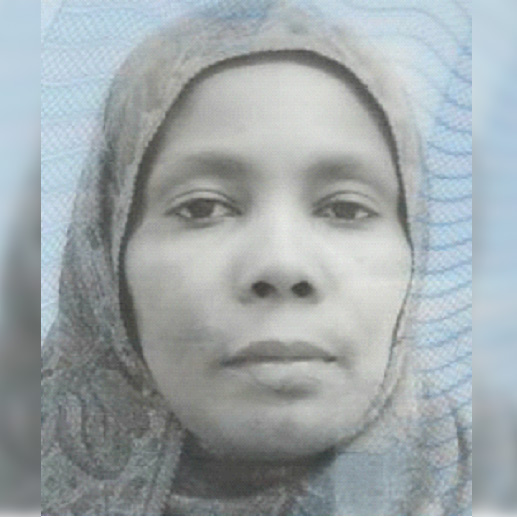Hazir Farouk A’raheem
Afrika’da Başarılı Biyokütleden Enerji Üretimi Projeleri Geliştirme
Abstract
For most countries in Africa over 50% of the energy used comes from various forms of biomass. However, the conversion of biomass to energy (usually as heat energy) is mostly very inefficient, with conversion efficiencies of under 20% being usual. Work has begun to bring about adoption of far more efficient ways to convert the main forms of biomass to energy, and also to introduce efficient mature bioenergy technologies that can use the available forms of biomass not presently being utilised.
The growing concern about the world’s high levels of greenhouse gas (GHG) emissions has resulted in availability of significant funding for projects including the efficient conversion of biomass to energy. The opportunity is there for African countries reliant on biomass for much of their energy to access this funding, both for improving efficiency, and for the technologies that can use currently unutilised forms of biomass and wastes.
Countries with high biomass use for energy usually have very low net CO2 emissions. For example in Sudan the population of about 34 million is estimated to produce only about 0.3 tonnes of CO2 per person. In Sudan biomass provides over 50% of the energy needs. However, a more efficient use of biomass and also of presently unutilised municipal waste streams has the potential to reduce deforestation while providing significant baseload electricity, plus industrial heat and transport fuels.
African countries have clear scope to utilise biomass more efficiency and to source it more sustainably. At the same time there is great scope for modern technologies to utilise the presently unutilised biomass and municipal waste streams.
To successfully access the capital needed for these projects requires submissions containing the sort of project feasibility and analysis detail and informed and holistic planning that the major sources of funding insist on. This paper will give details on how such bankable projects can be developed, what sorts of detailed information the funding agencies require, and what are the sorts of projects that tick all the boxes.
Biographical Sketch
Dr Hazir Farouk is an assistant professor in the engineering faculty of Sudan University of Science and Technology. She is the board member of the World Bioenergy Association representing Sudan and North Africa. She has co-authored published reports on production of biodiesel and on world developments in biojet fuel, and plays a significant role in promoting bioenergy within Sudan and the region.
